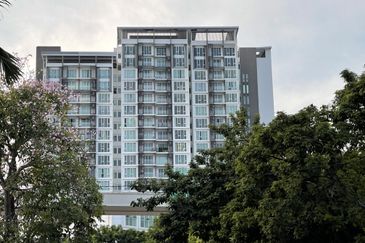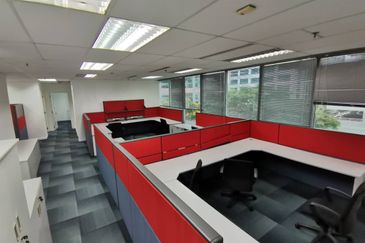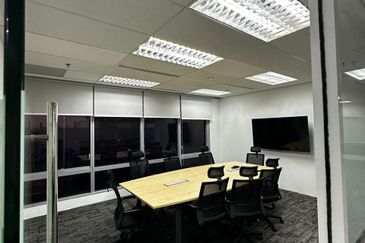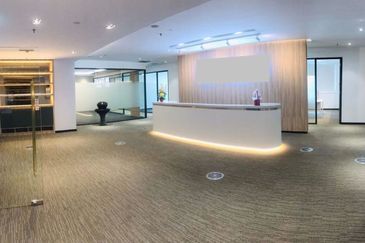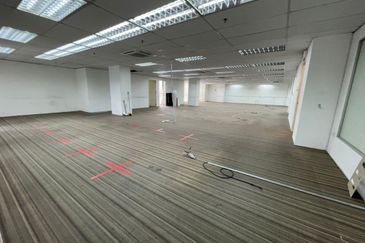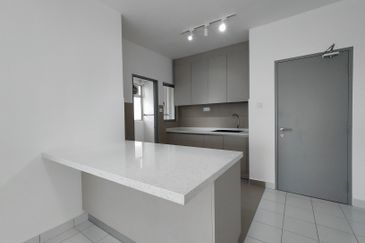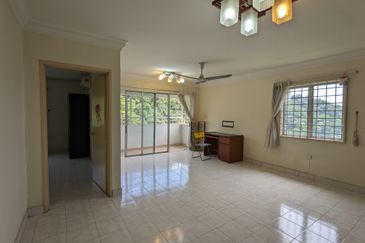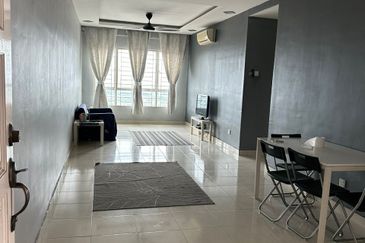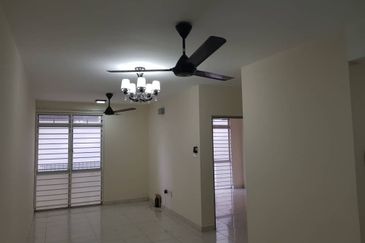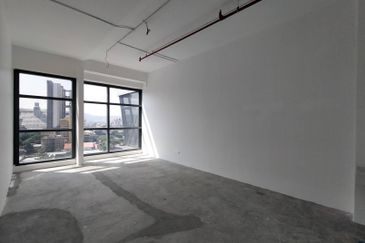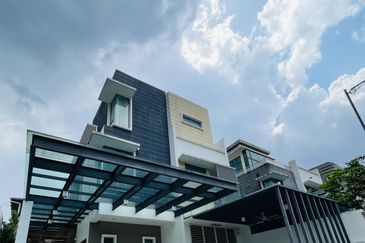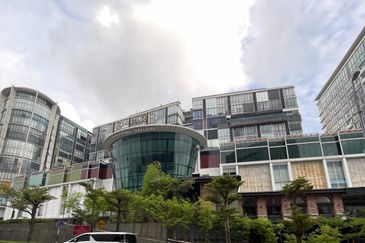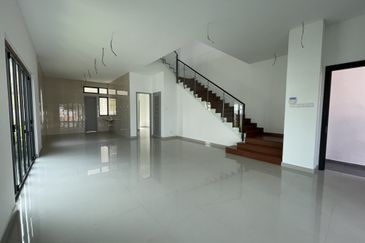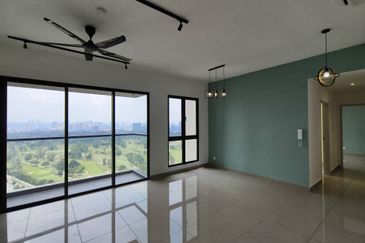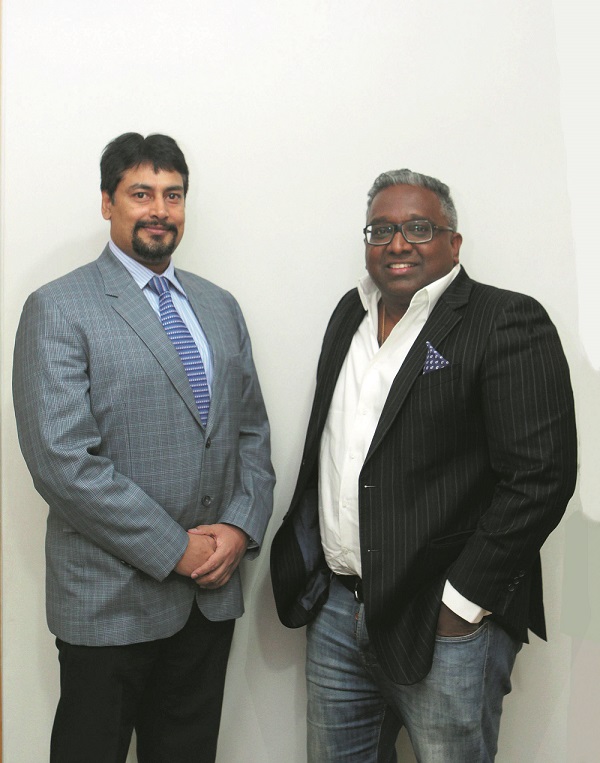
THE corporate real estate (CRE) industry in Kuala Lumpur is gaining importance, as a growing number of multinational organisations are setting up their headquarters and regional offices in the city.
In May last year, in order to enhance the local CRE-industry, country head of property at Standard Chartered Bank Malaysia Bhd Kumar Shailesh and CEO of real estate consultancy Zerin Properties Previndran Singhe set up the Malaysia Networking Group of CoreNet Global, the first CRE-focused association in Malaysia. It brings together the industry’s end users (corporate tenants and occupiers) and service providers (strategic or outsourced).
Kumar and Previndran tell City & Country that the networking group, which initially comprised around 20 members, has this year grown into a 50-member local chapter known as the CoreNet Global Chapter in Malaysia.
The umbrella organisation, CoreNet Global, is a US-based non-profit association that, according to its website, represents around 10,000 executives in over 50 countries whose main responsibility is the real estate assets of large corporations. It has 47 local chapters worldwide. Its aim is to advance the CRE industry through education, publications, research, conferences and through its chapters and networking groups worldwide.
The decision to form a chapter in Malaysia came after Kumar, the chairman of the chapter, and Previndran discovered that, like themselves, there are many Master of Corporate Real Estate (MCR) qualified CoreNet members in the country whose membership is from Singapore.
“We would like people to know that Core–Net is here as an entity now, and we are here to support and increase the knowledge base of CRE professionals,” says Previndran, the chapter’s vice-chairman.
“Also, having chapter status allows the organisation to offer the MCR programme and to hold and organise conferences and networking events,” says Kumar. CoreNet Global’s MCR programme is equivalent to a master’s degree and is said to be the highest qualification for corporate real estate professionals.
“When I started my MCR programme in India, I had to be in either Mumbai or Singapore for the course, which was not easy. This is why we have decided to bring the programme to Malaysia to make it more accessible and convenient for professionals in the country,” he says.
To empower, enhance the profession through education
With the growing CRE industry in the country, CoreNet aims to provide an opportunity to improve the technical knowledge of industry professionals and empower those in the industry, says Kumar. “This will also help end users as there will be more qualified professionals to choose from to run and manage their real estate portfolios.”
The profession, Kumar explains, deals with the overall set-up of an office building and how it is managed on a day-to-day basis. “The function of the industry impacts an organisation’s staff, customers and visitors. It is a holistic industry in itself that needs to be recognised, and CoreNet gives it that visibility.”
Kumar outlines one of his experiences dealing with CRE for his organisation. “As rents are quite stable in Malaysia, because there has always been more supply than demand, we sold some properties we owned and leased them from the owner for a five or 10-year duration.
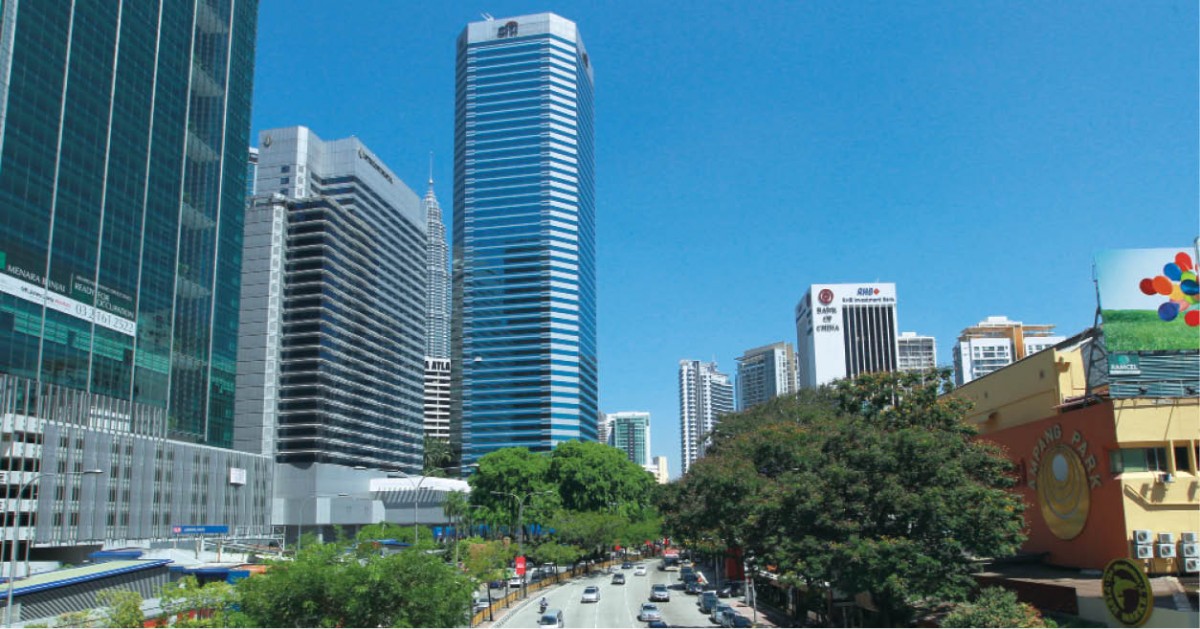
“This gives the company some flexibility and the money to invest in new products. It also gives the company the flexibility to relocate when a new catchment area comes up and the option to change the nature of business when it needs to,” he says.
He says it is important for CRE professionals to work closely with an organisation to understand the business dynamics and to come up with the right solutions for the business.
He says programmes such as MCR expose a professional to different facets of asset management, which helps to develop the skills needed to thrive in the industry.
“Those who are new to the industry may not have the knowledge, such as how to make a decision on whether the corporation should be leasing or buying a property. It requires a lot of analysis in terms of market trends as well as a short- and long-term view,” Kumar says.
He says the local talent pool of CRE professionals remains small as many have left for better opportunities abroad — to places like Singapore and Hong Kong that recognise the need for such talent. “It is a big challenge in Malaysia now to find and hire CRE professionals, as their function is considered administrative here, when in fact, it is as important as finance or IT.”
Previndran concurs. “Kumar is absolutely right. He is not saying there is no local talent, but it is not easy to find readily available professionals to manage complex CRE portfolios such as a bank’s. And those with skills to do so have already been with their respective organisations for many years,” he says.
To fill the void in the industry, CoreNet hopes to grow its membership and to train and educate more professionals and young leaders in the country.
“We are about education. It is about upgrading your skills because organisations need to be competitive in how they use their real estate,” says Previndran. “For example, look at a bank’s real estate options — does it invest in a front-row shop for RM10,000 a month, or one in the [row behind] for half the price? For a bank, the RM5,000 difference would create a brand value, which needs to be competitive,” he says.
Previndran says 70% of CoreNet’s global members are from Fortune 100 companies and 50% from Forbes Global 2000 companies. “In Malaysia, our corporate end user members include those with Standard Chartered, Halliburton, Shell, Esso, Citibank and HSBC. We also have members who are with property developers, real estate suppliers, service providers, project management companies and interior design and furniture companies.”
Connect, learn
In addition to education, CoreNet aims to provide a platform for all CRE professionals to network and share best practices. “The objective is to eventually raise the level of corporate real estate in Malaysia with a platform for real estate professionals through which they can associate, network and learn from each other to enhance their knowledge through the various programmes,” Previndran says.
“There is no equivalent to CoreNet in Malaysia. We wanted to have some kind of networking group, but it was never a forum. Now with the Malaysia chapter, we have a formal setting where discussions about the industry, such as market trends, outlook and current issues, can take place.”
Kumar says CoreNet is hoping to get organisations that are big space users on board to leverage its networking opportunities. “Such organisations would know how the market is shaping up and are able to recommend good contacts.”
For instance, Previndran says, the workplace attitude is changing, hence ascertaining the type of interior design and fittings for the organisation’s building space that is suitable for its type of business is important. “It is more than just the space usage. It comes down to workplace behaviour,” Previndran remarks. Some of the current workplace trends, he notes, are a move from office cubicles to an open office environment without partitions and standing tables for standing up to work instead of the conventional sitting at the desk.
Kumar and Previndran are in the process of setting up an office to improve the coordination of educational programmes and networking events. “By the fourth quarter, we should be able to start the MCR programme, and we hope to grow the number of members to 100 by end-2017,” Kumar says.
This article first appeared in City & Country, a pullout of The Edge Malaysia Weekly, on Aug 8, 2016. Subscribe here for your personal copy.
TOP PICKS BY EDGEPROP

Razak City Residences
Salak Selatan, Kuala Lumpur

Verna Lake Villas @ Serene Heights
Semenyih, Selangor
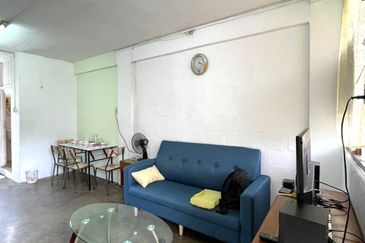
Seksyen 1 Wangsa Maju Block E
Wangsa Maju, Kuala Lumpur

Verna Lake Villas @ Serene Heights
Semenyih, Selangor

